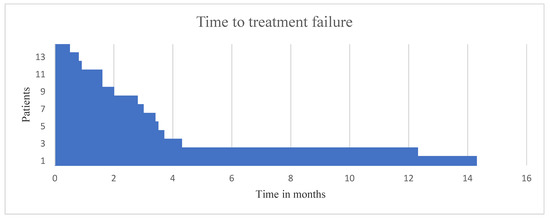Cancers, Vol. 12, Pages 3381: Outcome of Targeted Therapy Recommendations for Metastatic and Recurrent Head and Neck Cancers
Cancers doi: 10.3390/cancers12113381
Authors: Hossein Taghizadeh Robert M. Mader Leonhard Müllauer Thorsten Fuereder Alexandra Kautzky-Willer Gerald W. Prager
Recurrent/metastatic (R/M) head and neck cancers bear a poor prognosis. In this analysis, we examined the efficacy and the outcome of targeted therapy recommendations based on the patients’ molecular tumor portrait after failure of all standard therapy options. In this single-center, real-world retrospective analysis of our platform for precision medicine, we analyzed the molecular profile of 50 patients diagnosed with R/M head and neck cancer. Tumor samples of the patients were examined using next-generation sequencing panels of mutation hotspots, microsatellite instability (MSI) testing, and immunohistochemistry (IHC). In 31 cases (62.0% of all patients), a molecular-driven targeted therapy approach was recommended. Eventually, 14 patients (28%) received the suggested targeted therapy. Six of fourteen patients (43%) achieved stable disease conditions and four patients (29%) experienced a progressive disease. The median time to treatment failure was 2.8 months. Therapy recommendations were significantly more often issued for men (p = 0.037) than for women. This analysis demonstrated that precision medicine provided the basis for molecular-driven therapy recommendations in over half of the patients with advanced therapy refractory head and neck cancers, with significantly more therapy recommendations for men. Our analysis showed that although precision medicine approaches are implementable and feasible for the management of recurrent/metastatic head and neck cancers in daily clinical routine, there are major limitations and challenges that have to be overcome.



No comments:
Post a Comment